I’ve been running a business for more than 25 years and I’ve read a lot of great business books along the way. But these are the ten that I turn to most and still re-read because they’ve had such a significant impact on me, particularly as a small business owner.
The Elements of Style by E.B. White and William Strunk Jr.
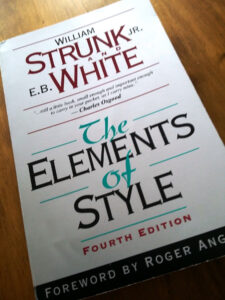
My dad told me to read this book, first published in 1918, in high school and although that was 40 years ago, it was an old book even then. But life, as in business, is about communicating and there’s no better book about communicating than this one. It’s even older now, yet 100 years on most of the writing advice still stands the test of time. Written and updated by the author of Charlotte’s Web and a Cornell University professor the guide’s advice to, for example, “omit needless words” by changing phrases like “the fact that I had arrived” to “my arrival” is the kind of guidance every business writer still requires.
The E-Myth by Michael E. Gerber
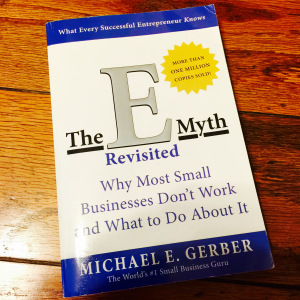
Michael Gerber’s 1986 book taught me why my business will never be a big business and is required reading for anyone starting up a business. Its main premise is that to grow, companies need policies, procedures, infrastructure and consistency to that the business can be run by someone other than the owner. To use an example from the book, which was updated in 1995, think of a McDonald’s franchise. With just a little trainer, any new manager can take it over and run that business without the owner’s involvement. Unfortunately, that kind of structure is something most small businesses, including mine, lack.
Grit by Angela Duckworth

Drawing on multiple studies, Duckworth—a University of Pennsylvania professor of psychology—shook up the education world in 2016 with this book that proves that to succeed you need not only talent, but a blend of passion and persistence and the grit to persevere in order to accomplish your long term goals. Without your grit, your small business may never survive.
How To Win Friends and Influence People by Dale Carnegie
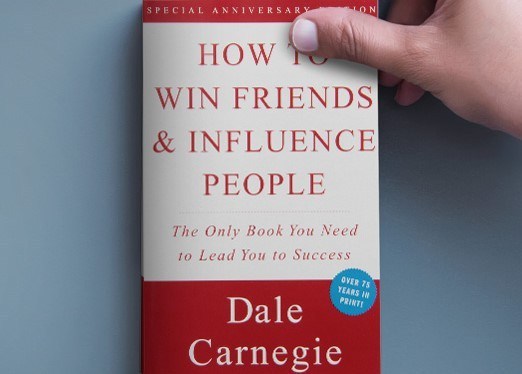
Since its publication, Dale Carnegie’s classic 1936 book has sold more than 30 million copies and is consistently among the most influential books in American history. Even today, its lessons for meeting people and building relationships in order to profit are learned by hundreds of thousands of new readers and a worthwhile read for anyone in sales or service.
Influence: The Psychology of Persuasion by Robert B. Cialdini

Business, as in life, is all about negotiations and every few years I re-visit Robert Cialdini’s 1984 masterpiece to remind me of the finer points of negotiations to help me win new customers, keep my costs low and my employees happy. Based on 35 years of evidence, Cialdini covers key influencers of persuasion which include the weapons of influence, the importance of reciprocation, why you must have commitment and consistency, showing social proof, why both parties should like each other, how to show authority, and prove scarcity.
Leaders by General Stanley McChrystal, Jeff Eggers, and Jason Mangone
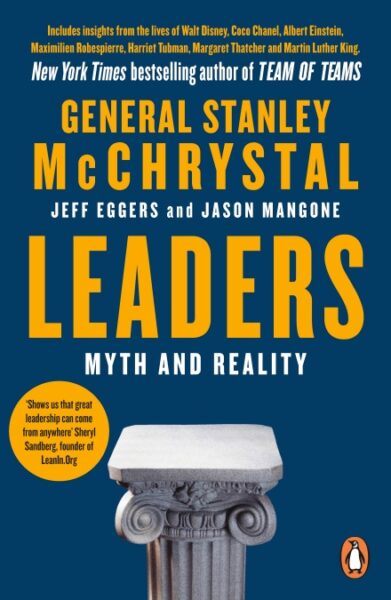
A fantastic insight into the minds and actions of thirteen of the world’s greatest leaders—from Robert E. Lee to Walt Disney—that has influenced the way I lead my small organization. Written in 2018 by a retired U.S. Army four-star general who led the U.S. forces in Afghanistan, McChrystal’s theme throughout the book is “what makes a leader great?” I’m not anywhere near there yet, but this book gives me a path to follow.
Lost and Founder: A Painfully Honest Field Guide to the Startup World by Rand Fishkin

Even though I’ve been running my own company for a couple of decades I still occasionally jump into new ventures and also advise clients on theirs. There are many great books offering startup advice but recently I’ve been turning to Rand Fishkin’s 2018 book, which warns of the challenges of venture capital financing and how some growth strategies can be more harmful than good. The most important advice he gives (which I’ve always passed on to my clients) is to drive your growth from your existing customer base first before hunting for new work.
Outliers by Malcolm Gladwell
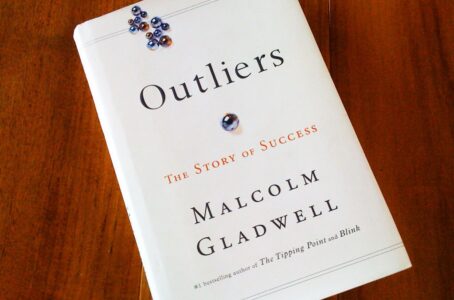
Yes, it’s the 10,000 hours book. When I first read Malcolm Gladwell’s premise in this 2008 book I dismissed it as just as an unproven theory. Until I read further about the Beatles in Germany and Michael Jordan at practice. Gladwell’s study of these and many other successful people and what made them successful ultimately had an enormous impact on how I viewed myself and business. Yes, luck and innate talent are a factor. But the people that are really, really successful at what they do put in the time. It’s a great book and easy to read manner.
The 7 Habits of Highly Effective People by Stephen R. Covey
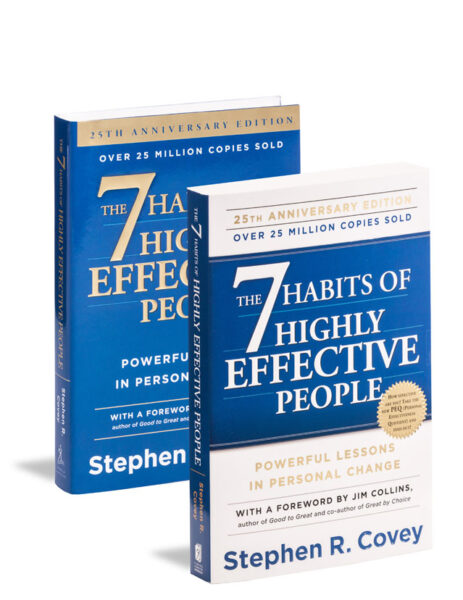
When I want to read a book to make myself a better manager, I turn to this 1989 tome. I believe that most personal productivity books written since then are merely a version of Covey’s original masterpiece. In more than 400 pages, Stephen Covey discusses these principles (Be Proactive, Begin with the End in Mind, Put First Things First, Think Win-Win, Seek First to Understand, Then to Be Understood, Synergize, Sharpen the Saw) in a very readable way, with examples and inspirational advice. It’s the grand-daddy of a genre and a book I revisit every few years just to make sure I’m on track.
By Gene Marks
This content was found at https://www.forbes.com/sites/quickerbettertech/2019/06/28/best-books-for-entrepreneurs-and-business-owners/#749bb8fa5156


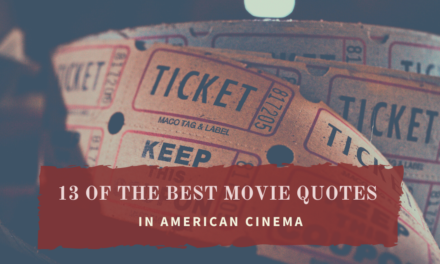


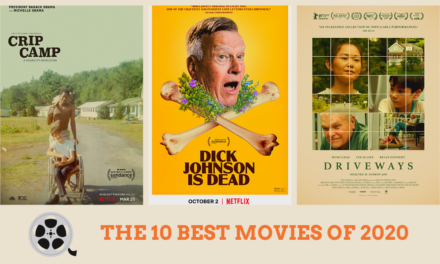
Recent Comments